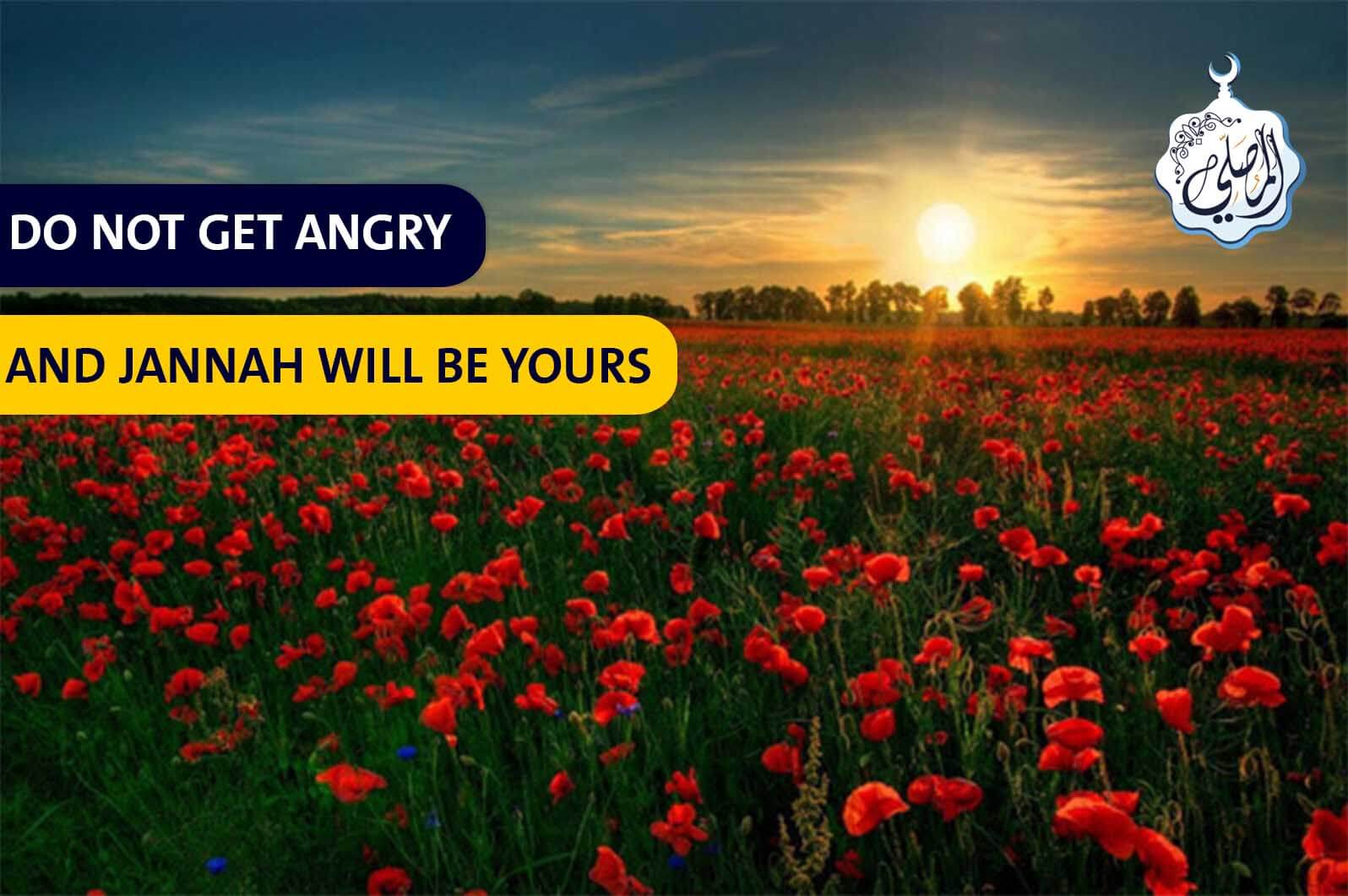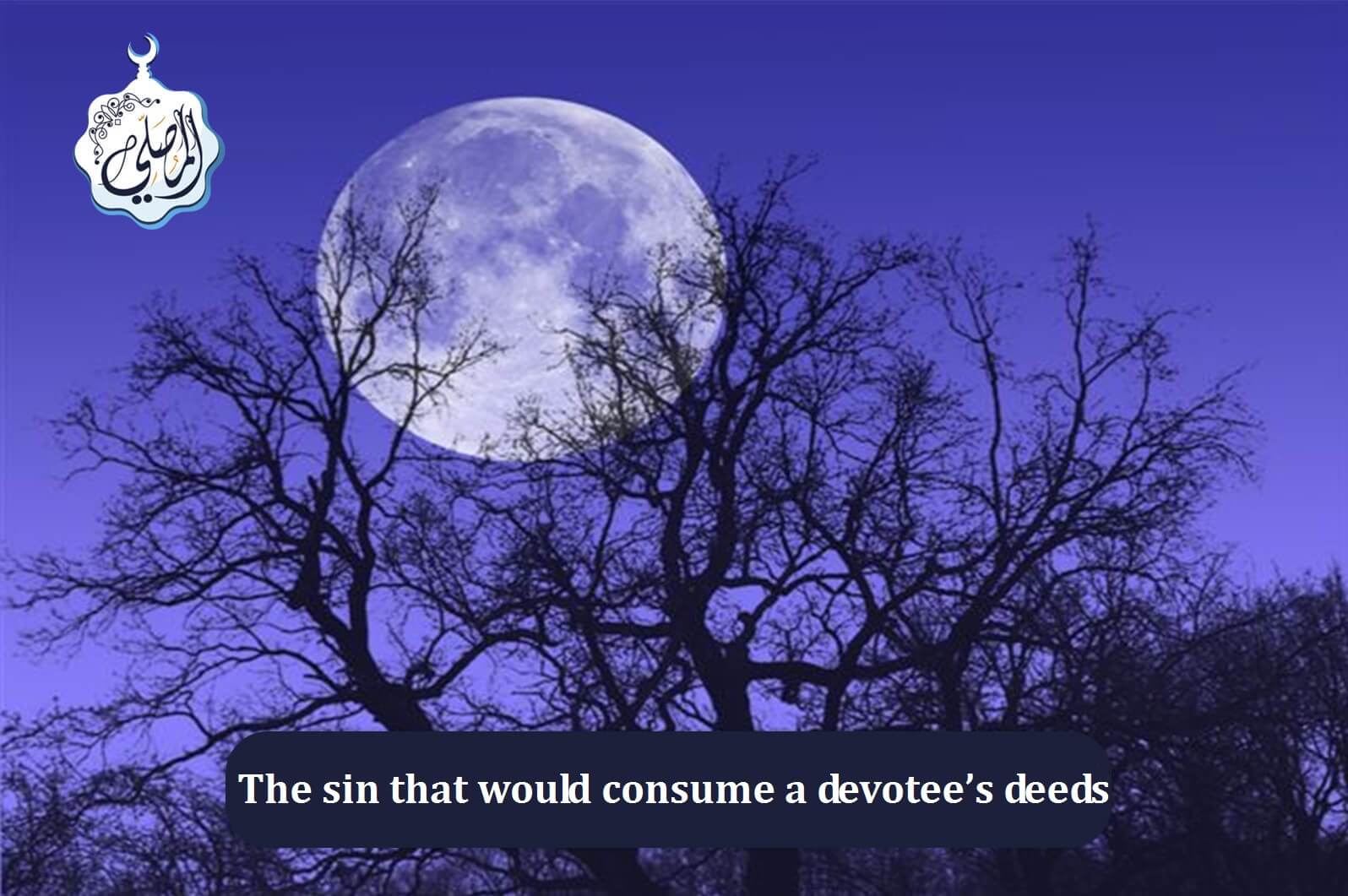
Ramadan is a blessed month of fasting for Muslims worldwide. However, Islam, being a religion of ease, provides concessions for those who are ill. This article aims to clarify the rulings regarding fasting for the sick during Ramadan, addressing who has a valid excuse to break their fast and who does not.
-
General Principle: The Quran states: "...but if any of you is ill or on a journey, the same number (of days) should be made up from other days." (2:184) This verse establishes the basic principle that illness can be a valid reason to postpone fasting.
-
Categories of Illness:
a) Severe Illness:
- Those with severe illnesses that make fasting dangerous or extremely difficult are exempt from fasting.
- Examples include advanced stages of cancer, severe heart conditions, or acute infections.
- These individuals should not fast and may need to pay fidya (feeding a poor person for each missed day) if recovery is not expected.
b) Chronic Illnesses:
- People with chronic conditions like diabetes, kidney disease, or certain digestive disorders may be exempt if fasting would worsen their condition.
- They should consult with both medical professionals and Islamic scholars to determine their status.
- If permanently unable to fast, they may pay fidya instead.
c) Temporary Illnesses:
- Those with temporary illnesses like the flu, mild infections, or recoverable conditions may break their fast if fasting would significantly impede recovery.
- They are required to make up the missed fasts when they recover.
- Specific Scenarios:
a) Medication Requirements:
- If a person needs to take medication during fasting hours and cannot delay it, they may break their fast.
- This applies to both oral medications and necessary injections.
- They should make up these fasts later.
b) Medical Tests:
- If diagnostic tests requiring breaking the fast (e.g., blood tests, colonoscopies) are urgent, one may break the fast.
- Non-urgent tests should be postponed if possible.
c) Pregnancy and Breastfeeding:
- While not illnesses, these conditions can be physically demanding.
- If a pregnant or breastfeeding woman fears harm to herself or her child, she may postpone fasting.
- She should make up the fasts later when it's safe to do so.
- Determining Inability to Fast:
a) Medical Consultation:
- A trustworthy Muslim doctor's advice should be sought to determine if fasting poses a significant health risk.
b) Personal Assessment:
- If fasting causes severe distress or noticeably worsens one's condition, it may be broken.
- Mere discomfort or manageable symptoms are not valid excuses.
- Partial Fasting:
- Some scholars permit partial fasting for those who can fast for part of the day.
- This involves fasting as long as possible and breaking it when necessary.
- Making Up Missed Fasts:
- Those who miss fasts due to temporary illnesses must make them up before the next Ramadan if possible.
- If unable to do so, they should continue making them up when able, even if after subsequent Ramadans.
- Intention and Spirituality:
- Those unable to fast should maintain the spiritual essence of Ramadan through increased charity, prayer, and Quran recitation.
- They should make a sincere intention to fast if their health improves.
- Caution Against Unnecessary Exemptions:
- Muslims should be cautious about seeking unnecessary exemptions.
- Minor ailments or discomfort are not valid reasons to break the fast.
- Seeking Forgiveness:
- If one breaks their fast due to illness, they should seek Allah's forgiveness and make a firm intention to make up the fast when able.
Conclusion: The rulings on fasting for the sick during Ramadan reflect the balance in Islamic law between fulfilling religious obligations and safeguarding health. Each case should be evaluated individually, considering both medical advice and religious guidance. Those who are genuinely unable to fast due to illness should not feel guilty but rather focus on other forms of worship and spiritual growth during this blessed month. It's important to remember that Allah knows best our intentions and circumstances, and His mercy encompasses all things.










 share facebook
share facebook share whatsApp
share whatsApp share twitter
share twitter share telegram
share telegram copy
copy







